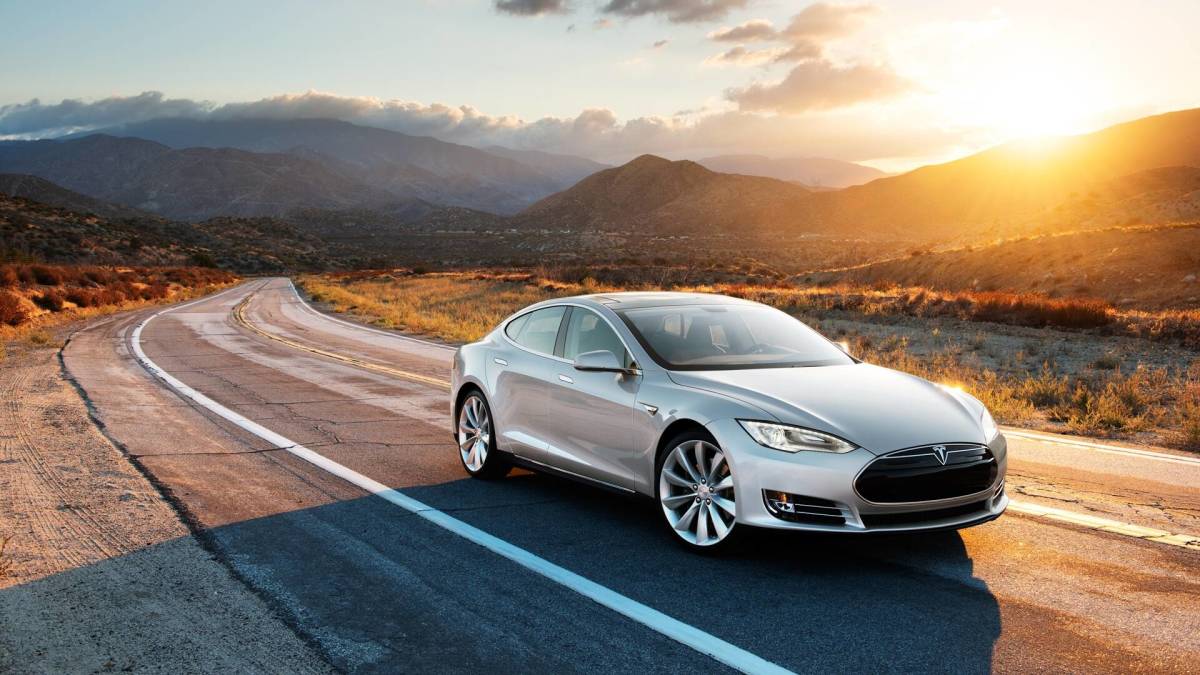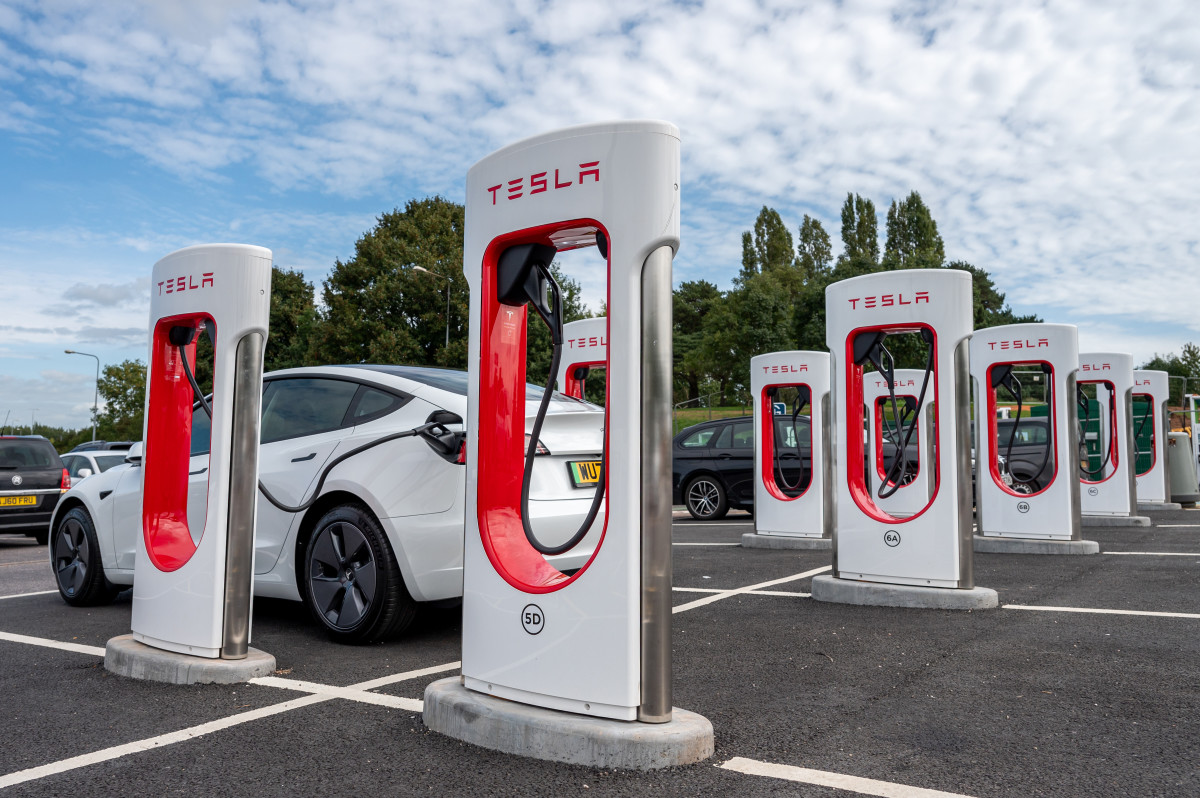
In May, Ford F became the first automaker to announce a partnership with Tesla TSLA, granting its customers access to Elon Musk's expansive Supercharger network, which currently boasts more than 15,000 charging points across the country.
The announcement was the first of many dominoes to fall; in the weeks and months following Ford's announcements, a lengthening list of legacy and neo automakers alike have made similar partnerships with Tesla.
A total of 19 automakers have now partnered up with Tesla, including General Motors, Mercedes, Toyota, Nissan and Volvo.
Related: Elon Musk's Tesla just got a $100 million boost from an unlikely ally
Lucid LCID, a staunch competitor of Tesla's, added its name to the list Nov. 6.
The luxury EV maker will integrate Tesla's North American Charging standard into its vehicles in 2025. Lucid customers will additionally be able to access Tesla's charging network by 2025.
“Adopting NACS is an important next step to providing our customers with expanded access to reliable and convenient charging solutions for their Lucid vehicles,” CEO Peter Rawlinson, said in a statement.
This comes in addition to Lucid's ongoing partnership with Electrify America, which owns and operates a total of more than 3,200 chargers across the U.S. with plans to continue boosting inventory. Customers who order or reserve a Lucid Air before Nov. 30 will be granted a period of complimentary access to Electrify's network.
Though the company doesn't have its own charging network, it does sell a home charging station, which offers 80 miles of range per hour and costs $1,200.

Musk, in response to the news, said: "That must have been a bitter pill to swallow."
He and Rawlinson, a former Tesla chief engineer, have verbally sparred in the past, when Musk denied Rawlinson's role in developing the Model S, saying he "left before things got tough."
Related: Here's why the Tesla bears are very wrong, according to Wedbush analyst Dan Ives
The Tesla bull thesis
This latest Tesla charging partnership represents an ongoing component of Tesla's business cycle, one that many analysts think could provide enormous upside.
Wedbush's Dan Ives projected in August that the charging network alone could bring in between $10 billion and $20 billion in revenue annually by 2030.
"They're so ahead where the other OEMs need to tap into that Supercharger network as part of the sales pitch when they're trying to get consumers to go EV," Ives told TheStreet in August. "Now over time, there's a major revenue opportunity here, others are going to go after it. So it's not just going to be them."
Ives' prediction seems, in part, to be playing out.
BP Pulse in October placed a $100 million order of Tesla's superchargers in a first-of-its-kind deal for the automaker. BP Pulse, which will brand, install and operate the chargers, said it will begin integrating the chargers into its networks in 2024.
Tesla's Senior Director of Charging Infrastructure said in a statement at the time that the company is "looking to expand" its presence in similar areas going ahead.
Shares of Tesla ticked down slightly Tuesday morning.
Related: Cathie Wood reveals the truth behind Elon Musk's fruitless self-driving predictions
Get investment guidance from trusted portfolio managers without the management fees. Sign up for Action Alerts PLUS now.







